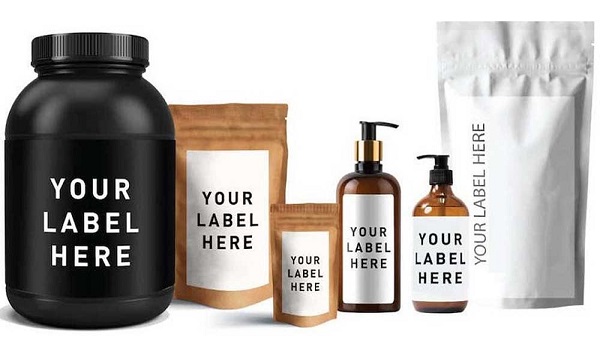Private labels are steadily gaining traction in India’s crowded retail and FMCG sectors, presenting significant competition to branded firms. According to a Deloitte-FICCI report on the growth of FMCG, retail, and e-commerce in India, private labels now represent 4% of total retail sales, with 70% of these sales coming from food categories.
Delivery platforms like Zomato and Swiggy have ventured into private-label food services, competing directly with restaurant partners. Similarly, modern trade stores, online marketplaces such as Amazon, and pharmacy chains are increasingly offering private-label products, often priced 25-40% lower than branded goods.
Private labels attract price-sensitive Indian consumers who are often brand-agnostic. These products, which are sometimes sourced from the same value chains as branded goods, offer cost advantages during inflationary periods. The popularity of private labels extends beyond mass-market categories, with expansions into high-margin segments like organic food, skincare, and gourmet products.
Private labels are also making inroads into Tier II and Tier III markets, leveraging the rapid growth of modern trade and quick-commerce channels. These developments pose a growing challenge to branded firms, which must compete with private labels riding on their marketing investments.
As consumer product companies adopt omnichannel distribution strategies, balancing partnerships across various sales platforms becomes critical. The rising presence of private labels underscores the need for branded firms to innovate, strengthen customer loyalty, and navigate this evolving retail landscape effectively.
The increasing footprint of private labels signals a shift in consumer preferences and marketplace dynamics, emphasizing the competitive pressure on traditional brands in the years ahead.


